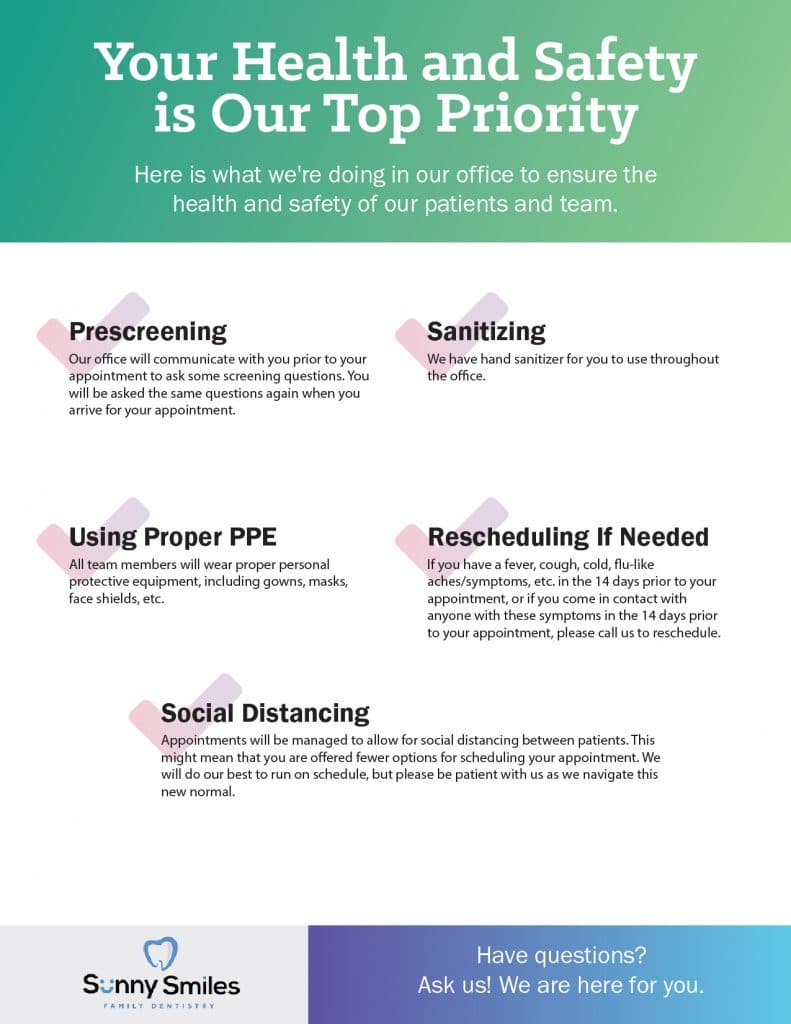
Cavities impact people of all ages. Whether you’re a child or an adult, our habits and diet could lead to the onset of cavities. If you develop tooth decay, what treatments will you need to avoid serious complications? To prevent the onset of a dental infection, we may treat a cavity in just one visit with a dental filling. In today’s blog, we’re going to look at how we treat cavities with this lifelike dental restoration.
Warning Signs of a Cavity
How do you know if you have a cavity? Tooth decay occurs when harmful bacteria is no longer held at bay by the outer layer of enamel, and instead reaches the inner layer of dentin, which is porous and sensitive. Poor oral hygiene could weaken and erode enamel, while an injury to the tooth (such as a crack or chip) could expose the dentin. People begin to experience tooth sensitivity when they eat or drink, and may eventually notice a persistent toothache that doesn’t go away. If you experience persistent pain, let us know right away. Also, remember that by attending routine six-month checkups, our team can identify cavities in the earliest possible stages.
Tooth Fillings
If you have a cavity, we may treat the issue in a single visit. With our tooth-colored dental fillings, we no longer use a metal material. Instead, we employ composite resin, a blend of glass and acrylic compounds that can be shaded to match the color of the tooth. After we remove the decay, we thoroughly clean the tooth and etch the surface. We then prepare the composite resin and place the material. As we cure the material under a light, we can sculpt and shape the tooth. The final step is a polishing, which helps ensure a more lifelike appearance. The treatment halts the progression of a cavity and helps safeguard the tooth.
Root Canals and Crowns
Without treatment, a cavity will continue to grow more severe until bacteria reaches the inner pulp, your tooth’s nerve center. An infection or abscess may develop, leading to serious discomfort and unless treated, causing the tooth to become lost. For an infection, as may use a root canal to remove the infected tissue. A custom-made dental crown, which covers the visible portion of the tooth, may be prescribed to complete the procedure. We also have inlays and onlays, or partial crowns, which address decay too severe for fillings, but not serious enough to require root canals and crowns.
SUNNY SMILES IN EL PASO TREATS CAVITIES
Our Sunny Smiles team is ready to tackle your tooth decay in just one visit. To learn more about the our approach to preventive dentistry and restorative treatment, please call our East El Paso location on N. Zaragoza Road at 915-849-9000!




